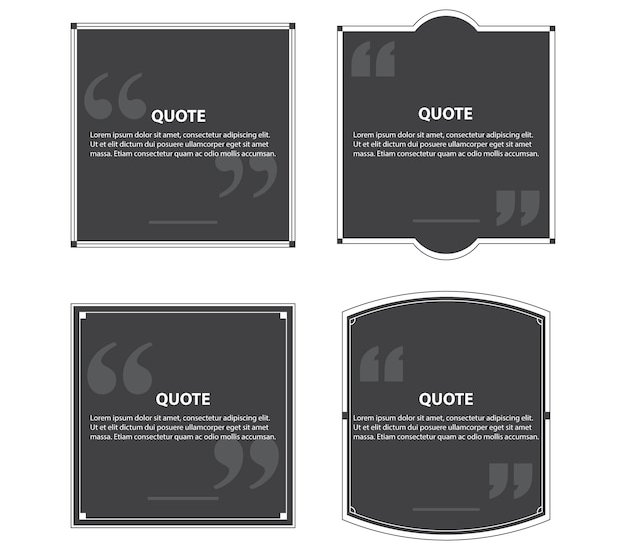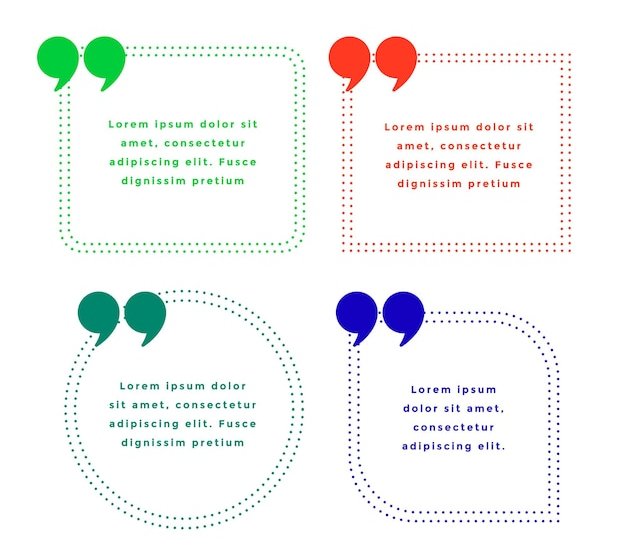Karl Popper Quotes
Knowledge is not the possession of one individual, but the product of the collective effort of humanity.
The true measure of scientific progress is not how much we know, but how willing we are to admit what we don’t know.
Only through constant questioning and criticism can knowledge advance and truth be discovered.
The struggle for truth is not a battle of egos, but a cooperative effort to seek objective knowledge.
A theory is only as valuable as its falsifiability; if it cannot be tested and proven wrong, it holds no scientific merit.
We must not seek comfort in our beliefs, but challenge them constantly in the pursuit of truth.
In the face of uncertainty, it is our responsibility to weigh the evidence and make the most rational decision possible.
Dogmatism is the enemy of progress; only through open-mindedness can we expand our understanding of the world.
Theories are not to be believed or dismissed based on personal preference, but evaluated based on empirical evidence.
The essence of science is its willingness to revise and discard theories that are proven inconsistent with evidence.
To learn is to recognize our own ignorance and embrace the opportunity for growth and discovery.
Science is not a static body of knowledge, but a dynamic process of inquiry and discovery.
It is not through infallible prophets, but through critical thinking that we gain insight into the workings of the universe.
Karl Popper Quotes part 2
The true value of education lies not in the accumulation of facts, but in the development of critical thinking skills.
The mark of an educated person is not how much they know, but how humble they are in the face of uncertainty.
A civilized society is one that encourages the free exchange of ideas and tolerates intellectual diversity.
The duty of intellectuals is not to defend their beliefs, but to challenge them and seek out the truth.
The search for truth is not an individual task, but a collective endeavor that requires cooperation and dialogue.
To be truly engaged in the pursuit of knowledge, one must be willing to abandon cherished beliefs when confronted with evidence to the contrary.
The purpose of criticism is not to tear down, but to build up a stronger foundation of knowledge.
Intellectual honesty requires us to be open not only to the evidence that supports our beliefs, but also to the evidence that challenges them.
In the realm of ideas, there are no sacred cows; everything is subject to critical examination.
The willingness to admit ignorance is the first step towards intellectual growth and discovery.
Truth is not an absolute, but a never-ending process of approximation.
To fully understand a theory, one must be able to articulate it in a way that its critics would recognize.
The pursuit of knowledge requires both curiosity and skepticism; one without the other leads to intellectual stagnation.
Knowledge is a network of interconnected ideas; to understand one concept, we must grasp its relationship to others.
The search for truth is not a solitary journey, but a collaborative venture that requires the efforts of many.
The purpose of education is not to fill students’ minds with information, but to teach them how to think critically.
The most radical idea in science is not to cling to our beliefs, but to challenge them continually.
The scientific method is not a rigid set of rules, but a flexible framework for inquiry and experimentation.
The beauty of science lies in its self-correcting nature; errors and oversights are expected and embraced as opportunities for improvement.
The pursuit of truth can be uncomfortable, but it is a necessary discomfort in the path towards knowledge.
Certainty is the enemy of progress; true intellectual growth requires the recognition of our own fallibility.
In the face of uncertainty, the only reasonable course of action is to evaluate the available evidence and make an informed decision.
Science is not a destination, but a never-ending journey towards a deeper understanding of the universe.
The key to scientific progress is not the discovery of incontrovertible truths, but the rigorous examination of our assumptions.
Theories are not to be believed blindly, but to be subjected to rigorous testing and critical scrutiny.
The scientific method is a roadmap to truth, but it is up to us to follow it diligently and avoid shortcuts.
The pursuit of knowledge is not a solitary task, but a collaborative effort that requires the exchange of ideas and the sharing of information.
The truth is not something to be possessed, but something to be discovered through the relentless pursuit of knowledge.
It is not enough to have a hypothesis, one must also have the courage to test it and the openness to accept the results, whatever they may be.
The pursuit of truth requires the abandonment of personal biases and prejudices; only through objectivity can we hope to uncover the nature of reality.
In the realm of ideas, there are no sacred cows; every hypothesis and theory is subject to rigorous scrutiny and empirical testing.
Theories are not to be accepted on faith, but to be evaluated based on their ability to explain and predict observable phenomena.
The search for truth is not a linear process, but a winding path full of twists and turns, setbacks and breakthroughs.
The truth is not always convenient or comfortable, but it is our responsibility to seek it out nonetheless.
The essence of science lies not in its conclusions, but in the process of inquiry and discovery that leads to those conclusions.
A true scientist is not someone who clings stubbornly to their beliefs, but someone who is willing to change their mind in the face of new evidence.
The pursuit of knowledge is not a solitary endeavor, but a collaborative enterprise that requires the exchange of ideas and the challenge of one another’s assumptions.

